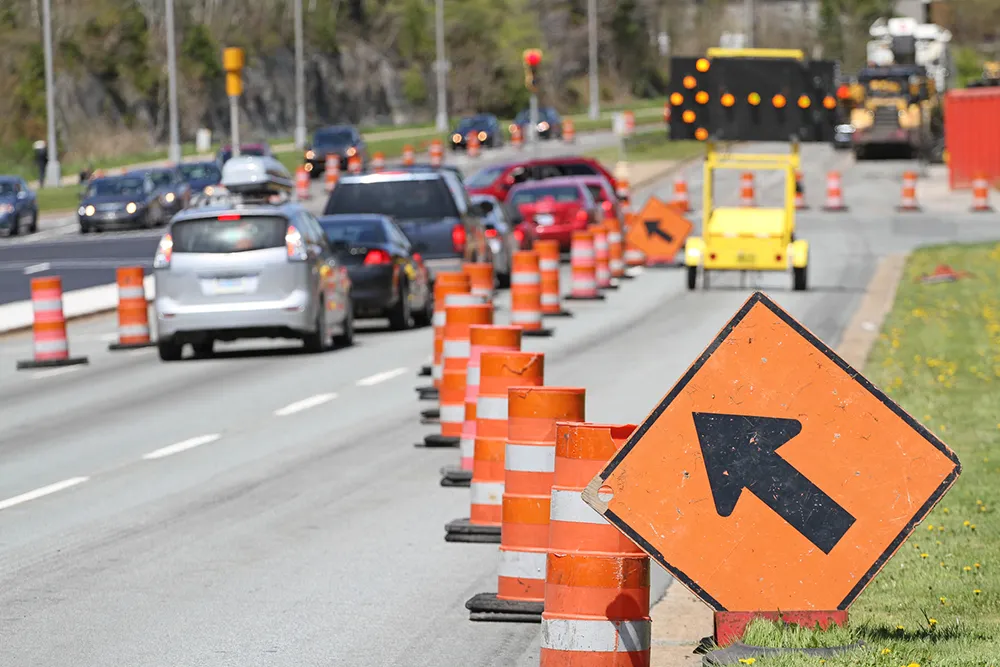The newspaper China Daily has reported that last month a driverless car, a Hongqi HQ3 with full intellectual property rights developed by the National University of Defense Technology, travelled on an expressway linking Changsha and Wuhan, the capitals of Hunan and Hubei provinces, under full computer and sensor control.
April 18, 2012
Read time: 2 mins
RSSThe newspaper China Daily has reported that last month a driverless car, a Hongqi HQ3 with full intellectual property rights developed by the National University of Defense Technology, travelled on an expressway linking Changsha and Wuhan, the capitals of Hunan and Hubei provinces, under full computer and sensor control.
"We only set a maximum speed and then left everything to the car itself," said Dai Bin, a professor in the research team told China Daily. "It knew the speed limits, traffic patterns, lane changes and roads using video cameras and radar sensors to detect other cars. It was all controlled by a command centre in the trunk."
The car encountered several complicated situations that made the test even more difficult. "We had fog and thundershowers as well as the complex route and unclear lane markings in some sections," said Dai Bin.
Interestingly, he said the car was not equipped with GPS, but relied solely on its sensors and lasers to detect the surrounding environment and choose the correct route. The test also showed the car could cope with potential dangers from other vehicles such as abrupt lane changes.
"The driverless car is much safer because it reacts more quickly than humans. It can respond in 40 milliseconds while human needs at least 500 ms," said Dai Bin.
During its trip, the driverless car is reported to have overtaken other cars 67 times and had an average speed of 87 kilometres an hour, according to the research team.
"Research on unmanned cars started late in China, but some technologies already meet international standards," said He Hangen, another professor on the research team.
"We only set a maximum speed and then left everything to the car itself," said Dai Bin, a professor in the research team told China Daily. "It knew the speed limits, traffic patterns, lane changes and roads using video cameras and radar sensors to detect other cars. It was all controlled by a command centre in the trunk."
The car encountered several complicated situations that made the test even more difficult. "We had fog and thundershowers as well as the complex route and unclear lane markings in some sections," said Dai Bin.
Interestingly, he said the car was not equipped with GPS, but relied solely on its sensors and lasers to detect the surrounding environment and choose the correct route. The test also showed the car could cope with potential dangers from other vehicles such as abrupt lane changes.
"The driverless car is much safer because it reacts more quickly than humans. It can respond in 40 milliseconds while human needs at least 500 ms," said Dai Bin.
During its trip, the driverless car is reported to have overtaken other cars 67 times and had an average speed of 87 kilometres an hour, according to the research team.
"Research on unmanned cars started late in China, but some technologies already meet international standards," said He Hangen, another professor on the research team.








